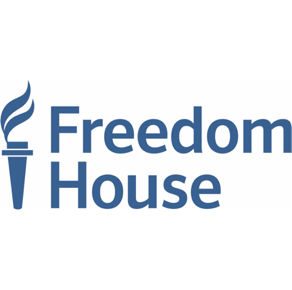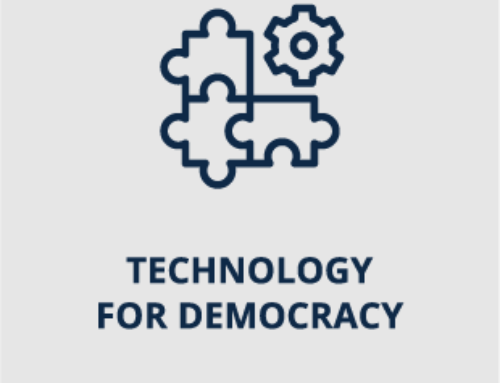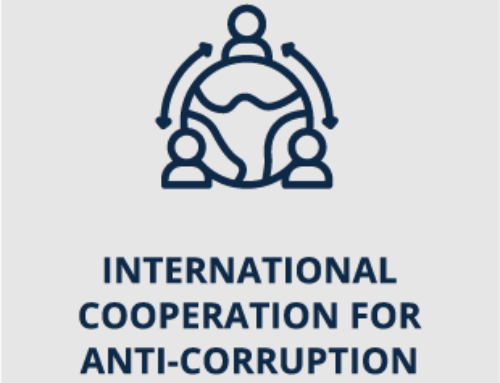9 March 2023
Yana Gorokhovskaia, Research Director, Strategy and Design
The year 2022 may prove to be a turning point in the global struggle for democracy. On the one hand, the year was marred by external and internal attacks on democratic institutions. The Kremlin launched the full-scale invasion of Ukraine, seeking to remove the democratically elected government in Kyiv. In Burkina Faso, two successive coups led by military officers stripped people of their political rights and greatly constrained everyday freedoms.
But it was also a year during which democracies banded together to assert the importance of human rights at international institutions, rebuking the authoritarian regimes of Myanmar, Russia, Iran, and Venezuela. A year when political actors in Latin America, Africa, and Europe recommitted to holding free and fair elections. Crucially, the deterioration of rights and freedoms appeared to slow substantially: only 35 countries declined, as compared to 60 in 2021, and over 70 in 2020.
Freedom in the World assesses political rights and civil liberties in 210 countries and territories and has been published annually since 1973. Over the years, this touchstone report provides valuable perspectives on global political trends in part because it divides countries into intuitively comprehensible categories of Free, Partly Free, and Not Free. The 50th anniversary of the report provides an opportunity to step back and examine the biggest drivers and impediments to democracy over the last half century. In doing so, three central themes emerge.




